|
In 1988, President Reagan declared October to be National Pregnancy and Infant Loss Awareness Month. Today, we set aside space on the blog to remember those lost too early in their lives and their parents who grieve their loss. Who of us does not know someone who grieves the loss of their child? Even in our world of medical wonders, we are still so vulnerable. Take the time to remember those we love who are hurting in this particular way. Be brave and listen to their stories if they should happen to share them with you. Take a moment to think that others around you might be suffering in silence. Many of us find it so hard to acknowledge loss at such an early stage of life. Some of us have had no choice to acknowledge this fact. Be kind to one another as they move through their grief.
0 Comments
I remember my first Orthodox memorial service. I had no idea what was going on. I had been to funerals before, but never a service quite like this where people prayed for someone who had died, but there was no coffin or urn present. I also had no idea what was in that bowl at the front of the church that looked so pretty. My friend explained to me afterwards that this was Koliva. Orthodox prepare it for memorials and funerals and that they did so because of John 12:24 (‘Unless a wheat grain falls into the earth and dies, it remains alone; but if it dies, it bears much fruit.’”) I nodded. That was the explanation, but I didn’t understand. Koliva (Zhito) is a dish made with wheat berries, sugar and a variety of other ingredients. At seminary, folks would sign up to prepare the Koliva for the special Memorial Saturdays throughout the year. There is no one recipe for Koliva so converts like myself would try our hand at making it. The first time I made it, friends gathered in the kitchen to offer support and suggestions. It turned out just fine. When I married into a Serbian family, I learned that we make Zhito. Zhito is the same as Koliva, but Serbians tend to grind the wheat.
Still, the explanation I had heard was not a satisfactory one. I had to look deeper at this. Prayer is an act of love for the Orthodox Christian. The Orthodox pray for those who have died because the Orthodox believe that when you die, you are alive in Christ. The orthodox pray for everyone. So, why do the Orthodox use this wheat dish? John 12:24 is the heart of the matter. The Orthodox use wheat, because it is a potent symbol for Christ (Bread of Life, Bread from Heaven). To put it simply, the Orthodox make Koliva and Zhito to demonstrate two things: that the person(s) commemorated are alive in Christ and the hope of the resurrection. The sweetness of the wheat is meant to overcome the bitterness of death. The sweetness of the wheat is to remind the mourner not to mourn too deeply. The sweetness of the wheat is to remind partakers of the sweetness of the resurrection. The Orthodox do not see the tomb as finality, but as hope. Koliva, which is offered at difficult times, helps remind the Orthodox of their central belief. The first time I walked into a funeral home armed with research and personal experience it did not go so well. I knew what I was probably walking into. When I asked about the possibility of no embalming, the funeral director informed me that it was the law to embalm. While I knew it not to be true, I felt very unsure of myself. I called Josh Slocum at the Funeral Consumers Alliance to check. He gave me sound this sound advice; “Have them show you in writing what the law states.” Another funeral director called me back and did a great back pedal on the idea that embalming was a law. He did go on to tell me that embalming sanitizes the body. Oh, boy! I did not confront him like I might do today. I was fresh in the world of family rights in death and I did not have my feet under me yet. I learned that day that what I need to do is to trust my own knowledge and not worry about what might be put up in my way of getting to the truth. We need to own our knowledge when dealing with the death care industry.
What to Keep in Mind When Working with the Death Care Industry Sales Drive the Industry –
Embalming in Not Required By Law –
Your Knowledge, Your Vision –
We knew my mom’s cat was not doing well. We sought medical intervention. A few short days after my last post, we had to say good-bye to a sweet kitty who had meant so much to my mom and the family. My sister and I went with mom to the vet and Samantha went to her final rest. Once back home, I shrouded her in a small blanket. One of dad’s roses had bloomed a Fall rose. I cut that and placed it with her. My sister, my younger son and I dug the grave. We solemnly gathered together as a family, placed her in the grave and made our last good-byes. Later, I came back to the grave and covered the grave with bark and readjusted the stone. It is so hard to let our little animal companions go, but sometimes we must.
|
Caroline Vuyadinov
Archives
December 2018
Categories
All
|

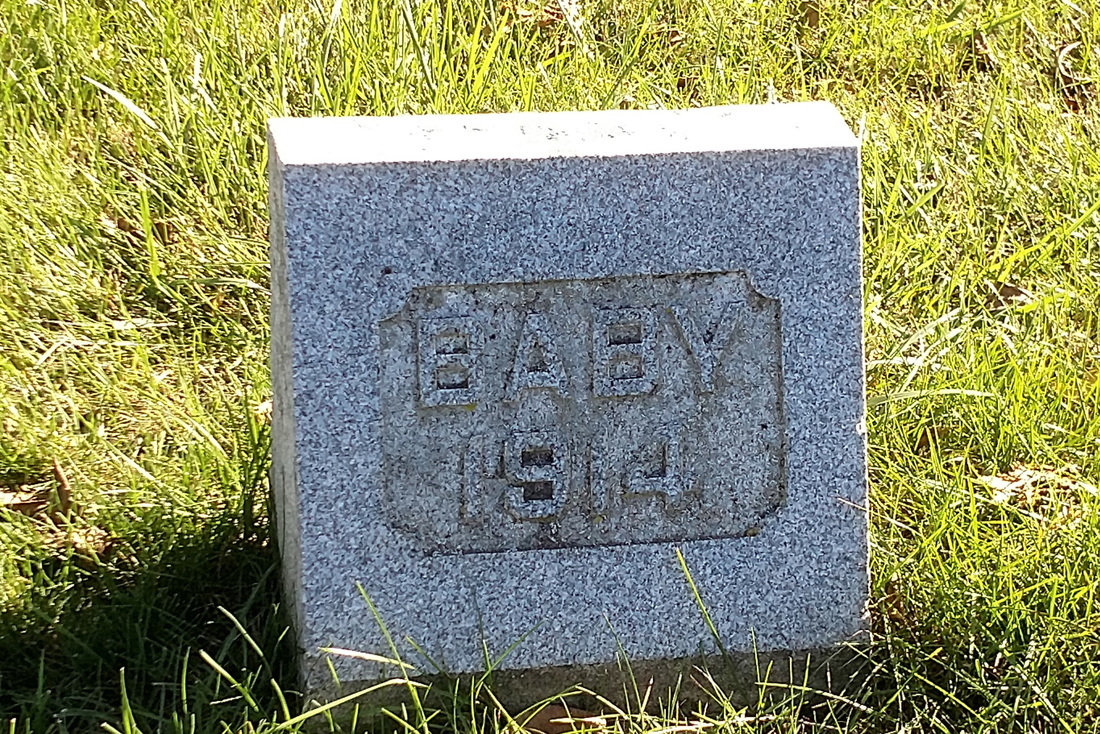
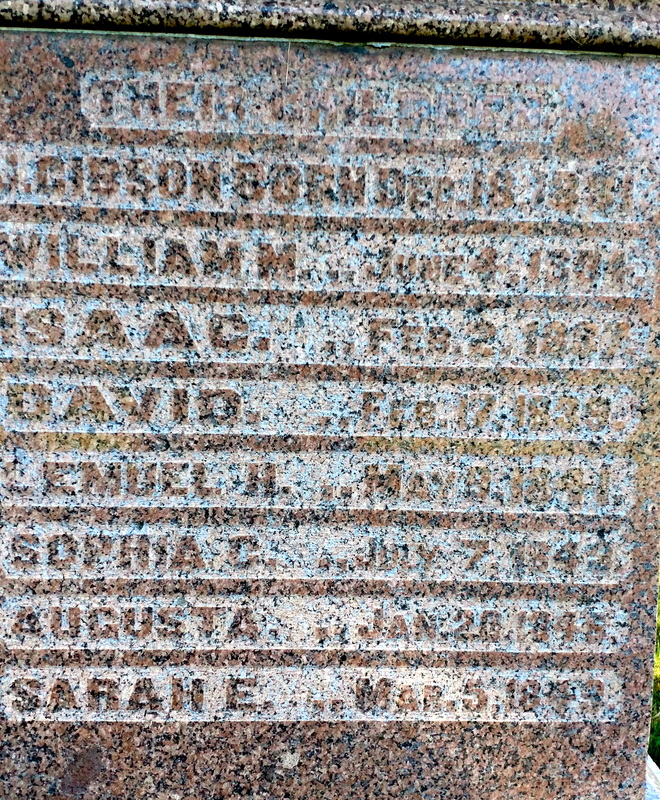
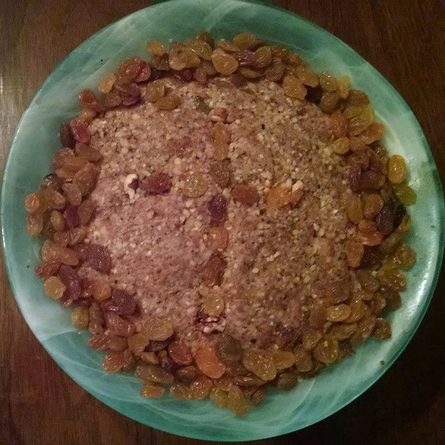
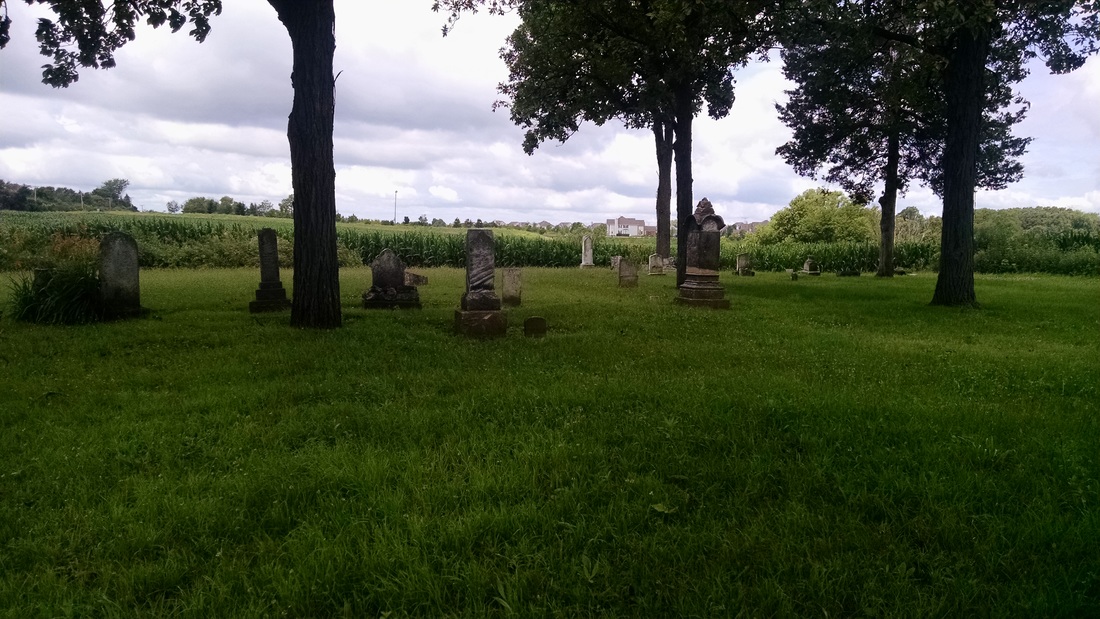
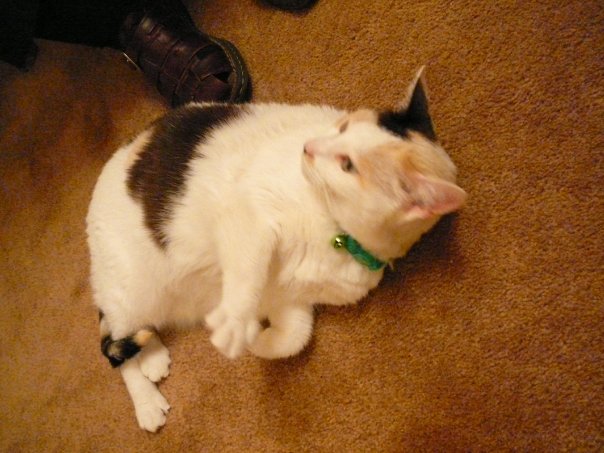
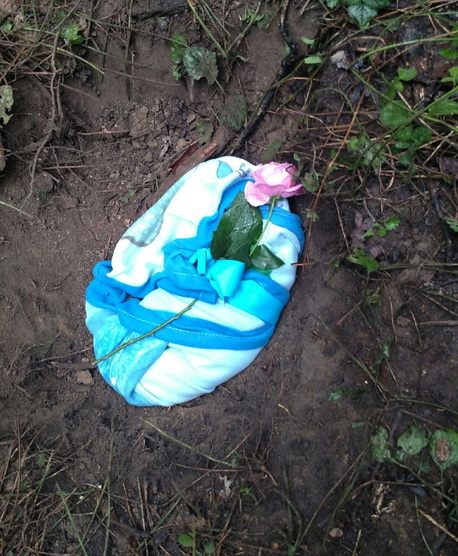
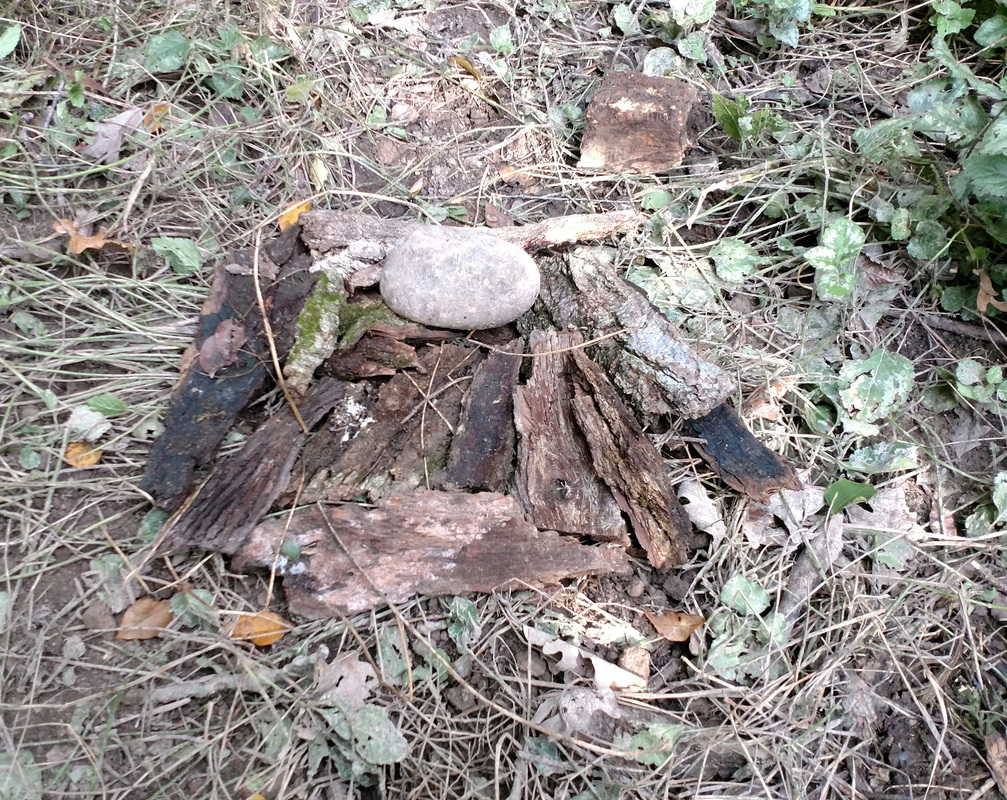
 RSS Feed
RSS Feed